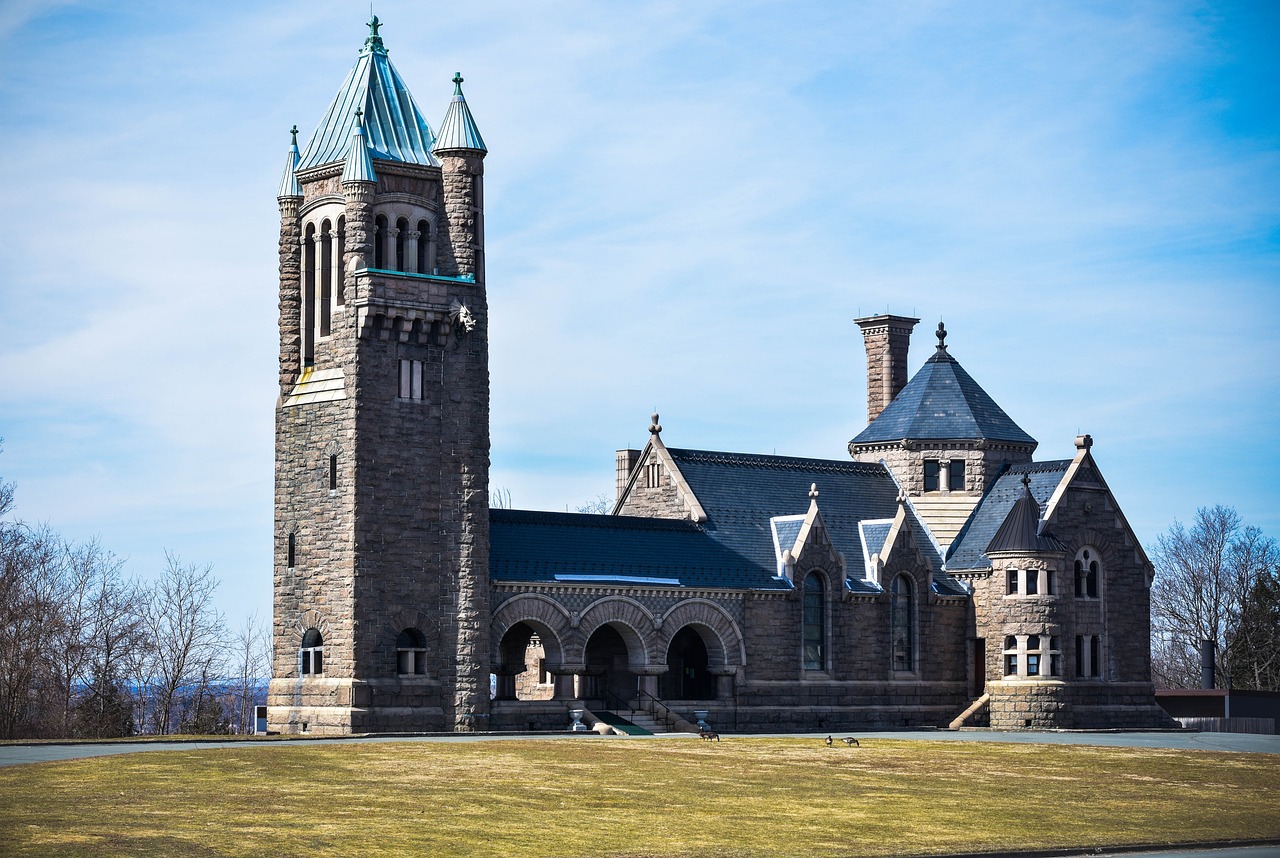Overview
Hector, a prominent figure from Troy, held the title of prince as the firstborn child of King Priam and Queen Hecuba. His marital union with Andromache produced a son, Astyanax, solidifying his legacy. Renowned for his valor and sense of duty, Hector commanded the Trojan forces in a protracted struggle against the Greeks during the Trojan War. He almost succeeded in expelling them entirely. However, this drive met its downfall when Hector killed Patroclus, Achilles’ closest companion, igniting Achilles’ wrath which ultimately led to Hector’s demise. His death marked a significant loss for Troy, stripping the city of its most formidable defender.
Who Were Hector’s Parents?
Hector’s lineage traces back to Priam and Hecuba, the sovereigns of Troy, making him the rightful heir to the throne. Besides Hector, Priam fathered notable siblings including Paris, whose actions ignited the Trojan War, and Deiphobus, along with prophet Helenus. On the sister’s side, Hector’s family included Cassandra, whose foresight was tragically unrecognized. A lesser-known narrative suggests that Apollo, the god, might have been Hector’s actual father due to an illicit affair with Hecuba.
Whom Did Hector Marry?
Hector’s marriage to Andromache, a princess from Cilician Thebes, produced a son, Astyanax. Following Hector’s death and the eventual fall of Troy, Andromache faced captivity, and tragedy struck again as the Greeks murdered her son to prevent any potential vengeance against them.
How Did Hector Die?
Hector met his end at the hands of Achilles during the ninth year of the Trojan War, spurred by his desire for revenge for the death of Patroclus. Their encounter took place before the city’s walls. Although Hector initially sought to escape, facing Achilles resulted in a fatal confrontation where Hector fell victim to the spear of the legendary Greek warrior.
Hector Kills Patroclus
During the lengthy conflict, Achilles withdrew from the battle due to a dispute with Agamemnon. Seizing this opportunity, Hector pushed the Greeks back. Patroclus, motivated by his loyalty to Achilles, donned his armor and entered the fray but ultimately fell to Hector. This event reignited Achilles’ fury, compelling him to return to combat with a resolve to avenge his friend.
Etymology
The name “Hector” derives from the archaic Greek word hechein, meaning “to hold” or “to have,” symbolizing his role as a steadfast defender of Troy.
Titles and Epithets
Hector was often referred to as “tamer of horses,” among other notable titles that emphasized his martial prowess and noble character.
Attributes
Characterized as both a courageous warrior and a noble leader, Hector was deeply committed to his family and city. Descriptions of Hector portray him as noble and gracious, possessing impressive skills in battle, alongside remarkable armaments which included a renowned helmet gifted by Apollo.
Family
As the eldest son of Priam and Hecuba, Hector belonged to a large family, including many siblings. He married Andromache, and they are said to have had a son named either Astyanax or Scamandrius, highlighting differences in ancient narratives about his lineage.
Mythology
Origins of the Trojan War
Hector emerged as the most cherished of King Priam’s children and the most valiant warrior of Troy. The abduction of Helen by Paris incited Greek wrath and a massive expedition against the city. Although Hector disagreed with his brother’s actions, he accepted the responsibility of leading Troy’s defense. His valiant efforts were evident from the outset of the war.
Hector in the Iliad
Homer’s Iliad serves as the primary source detailing Hector’s role in the Trojan War, particularly his confrontation with Greek heroes and the eventual challenge issued to Menelaus. Hector’s reprimands toward Paris highlight his commitment to honor and valor against perceived cowardice.
The Death of Hector
The climactic duel between Hector and Achilles, marked by deceit and desperation, resulted in Hector’s death. In his final moments, Hector pleaded for mercy regarding his body, yet Achilles, consumed by vengeance, disregarded it.
Hector’s Body
Following Hector’s death, Achilles’ brutal treatment of his body was eventually halted through Priam’s sorrowful plea for a proper burial, which Hector received amidst a grand funeral that concluded the Iliad narrative.
Worship
Hector’s stature as Troy’s premier hero led to varied forms of worship, especially in regions of modern Turkey. His significance extended into Greece, where altars dedicated to him were constructed, reaffirming his enduring legacy as a cultural icon.
Pop Culture
Hector’s remarkable story has inspired various modern adaptations, found in literature and visual media, where he continues to be depicted as a noble warrior committed to his family and city. His character, however, has seen diverse interpretations in contemporary stories, reflecting varying values projected onto mythic heroes.



